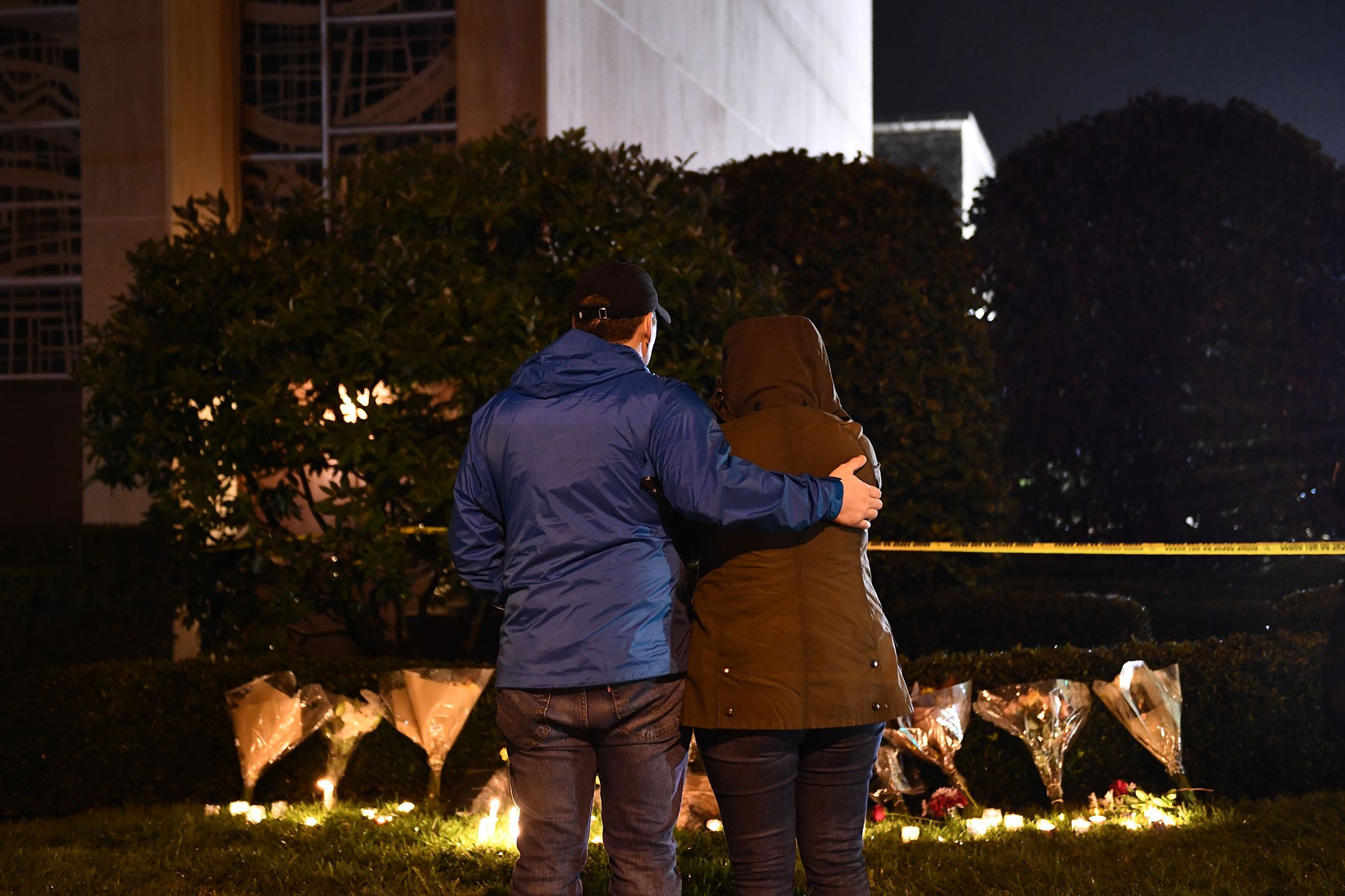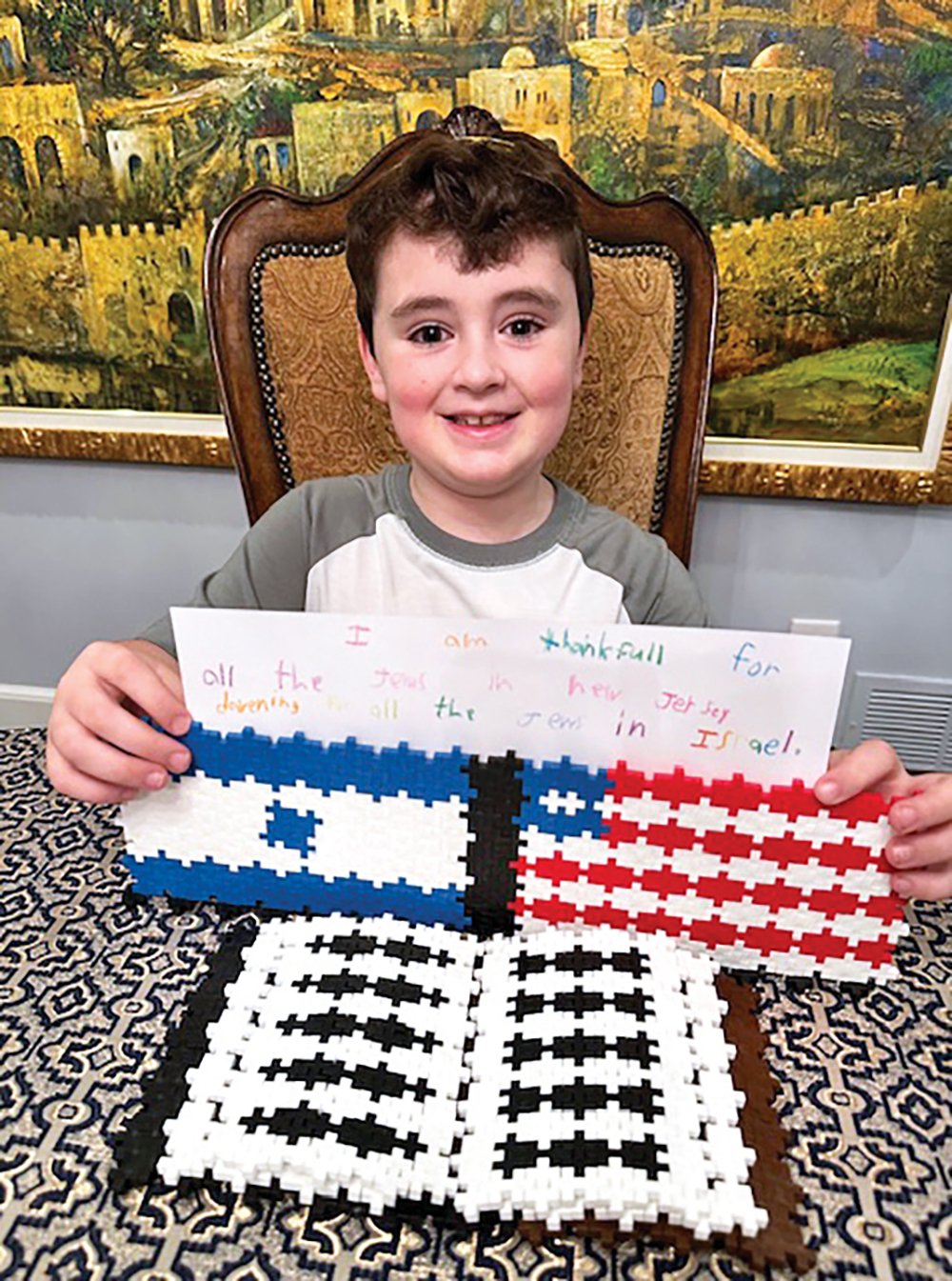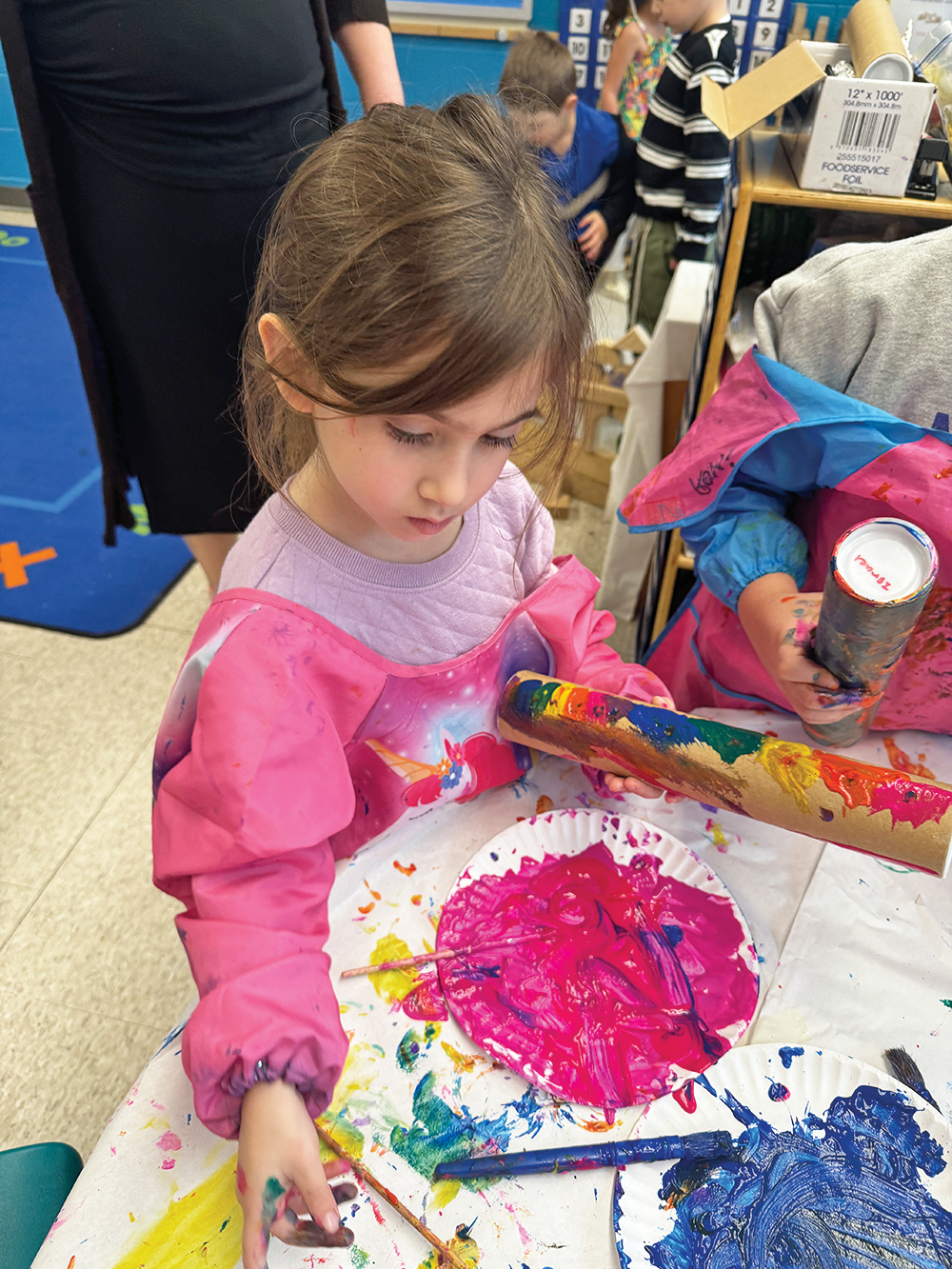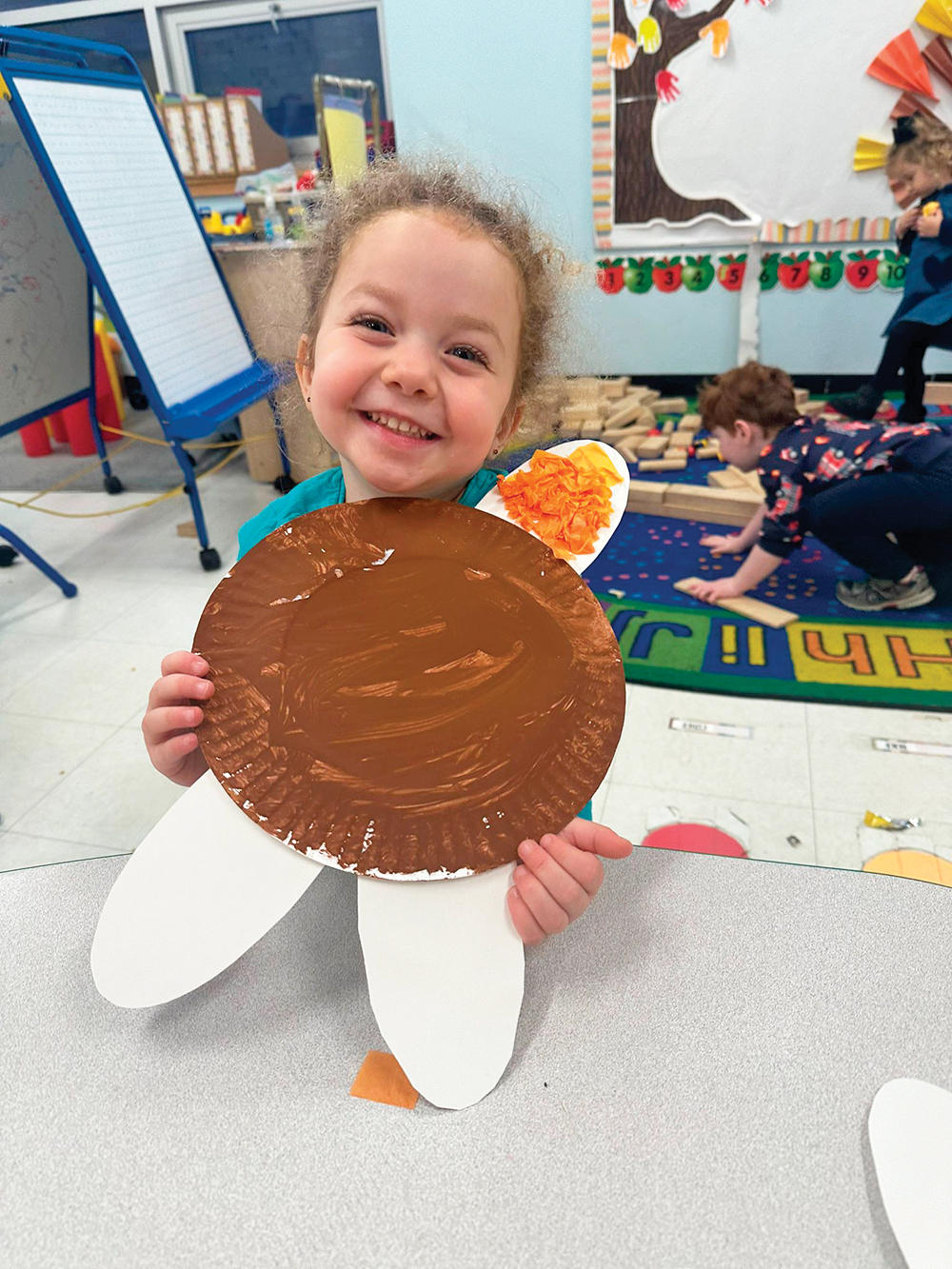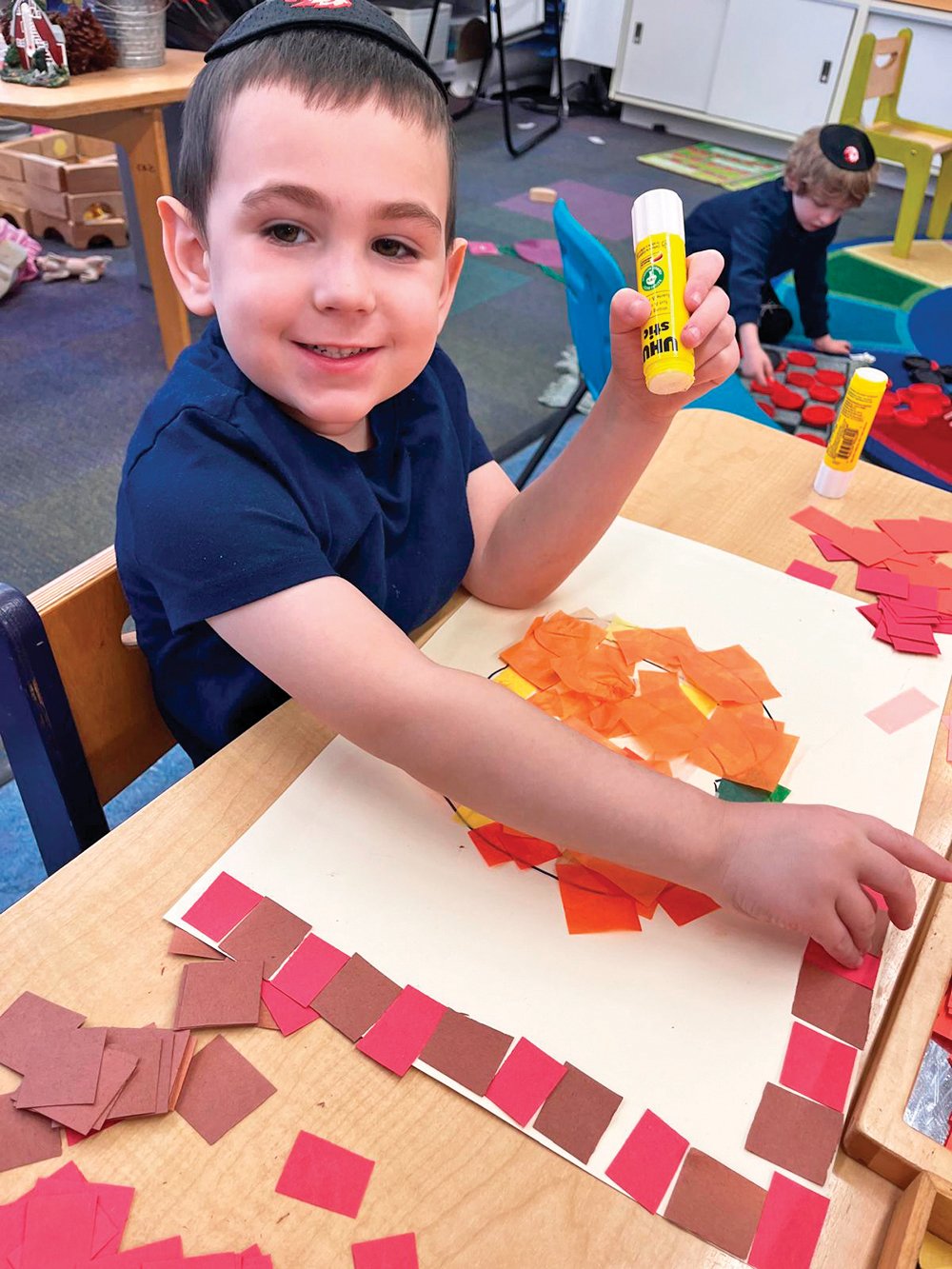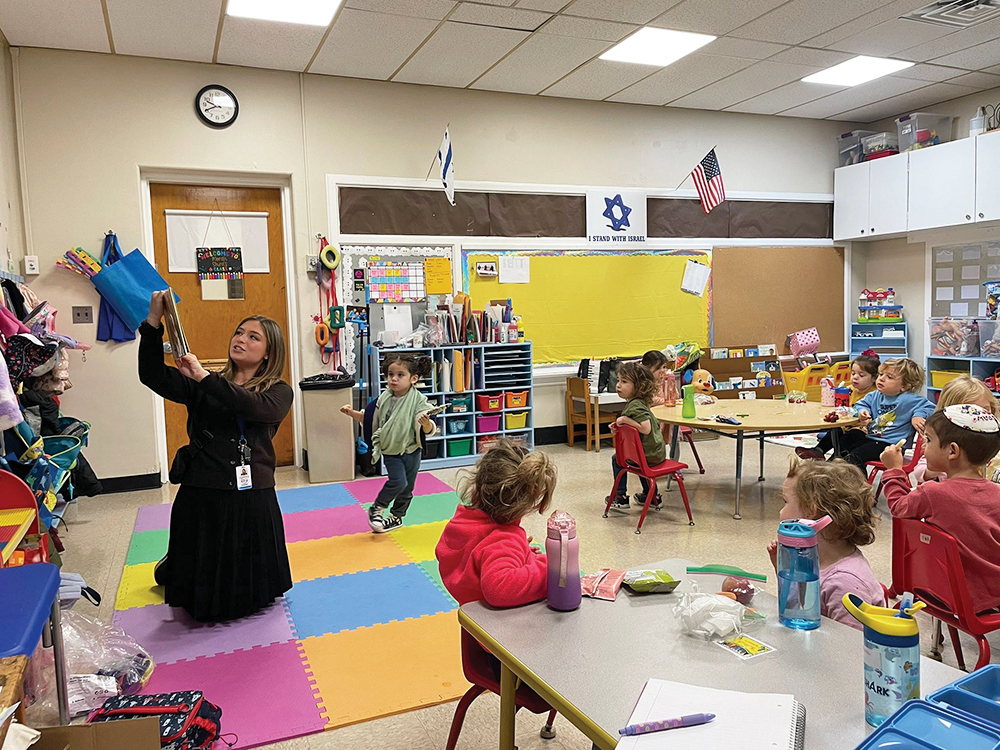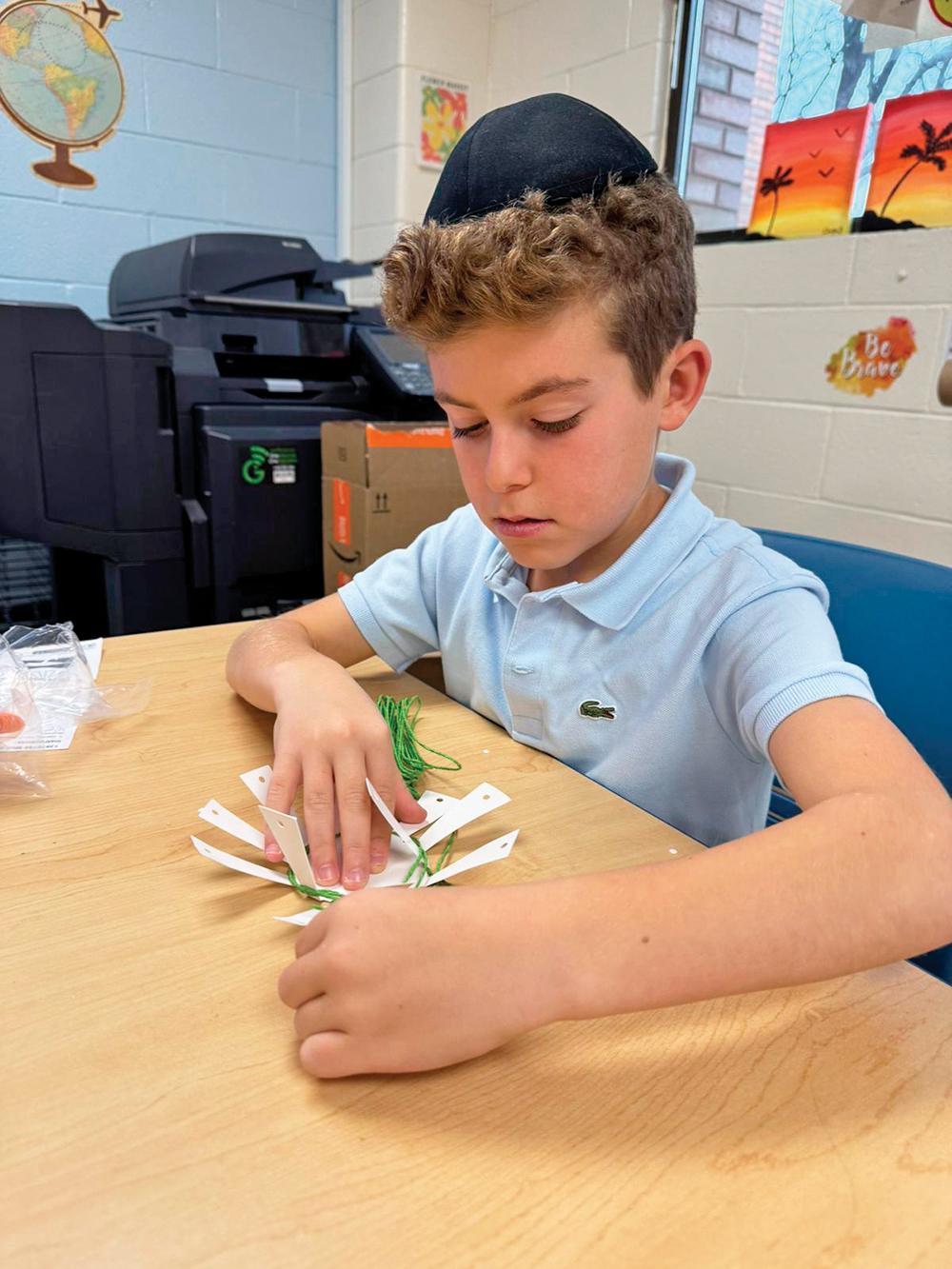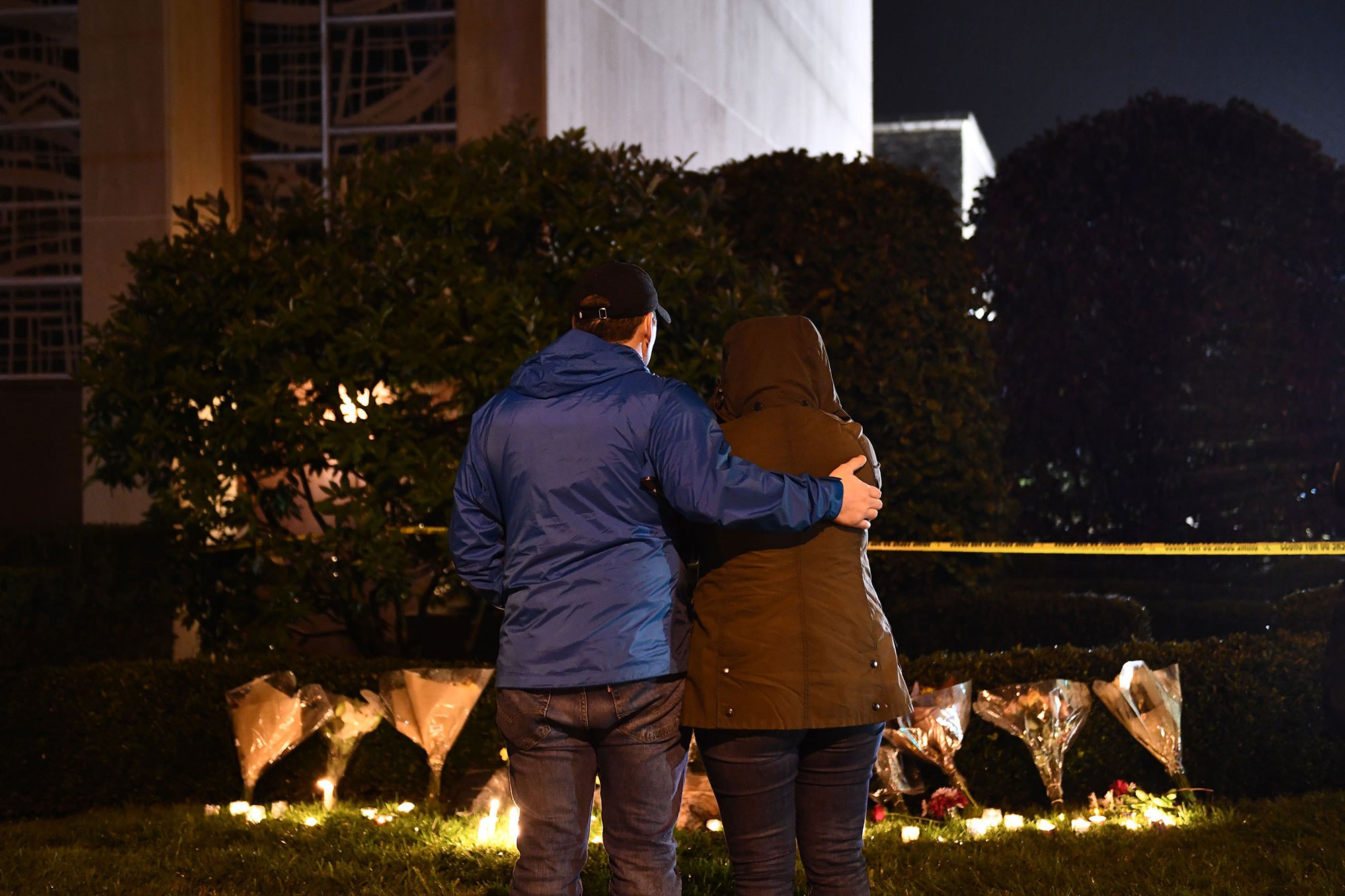
Last week, following a Jewish-heritage centered trip my mother and I took to central and eastern Europe, I kept starting – stopping – and starting again to write and organize my thoughts. I did not share them because my thoughts felt jumbled, I was not sure who would want to read them, not sure I was adding to the “conversation.” I also felt like I was asking a lot of questions, both explicitly and implicitly, but that I had no answers. In light of the shooting in Pittsburgh yesterday I decided to continue writing, even though my thoughts feel more scrambled today and filled with more questions than they did before.
Memory – who we remember and who does the remembering, how we remember, why we choose to remember, and with whom we choose to commemorate – is complicated and messy and important. There are a lot of rich and beautiful moments from Jewish history worth remembering. There are moments Jewish people, like any people, should be less proud of, and maybe should be remembered more frequently. But Jewish memories are also filled with pogroms, expulsions, forced conversions, ghettos, blood libels, senseless murders, swastikas, the Shoah (Holocaust). And yesterday, a mass shooting in a synagogue. One refrain repeated constantly throughout my childhood until it became an indelible part of me was Never Again. We Must Remember the Six Million so that Never Again. Except that we never really talked about how to Remember. I’m still not sure I know what it means. We never talked about what it felt like to Remember either, but heard whispers from classmates who had grandparents visiting for the holidays who woke up screaming from memories in the middle of the night, the first nightmare of a death camp that I had at eight years old that felt incredibly real and I can still describe, the seventh grade teacher who explained there were six-million Jews in America and we should take a moment and imagine what it would be like if every single person you know or heard about or are related to was dead. I was horrified but also confused. Our teachers kept telling us stories and ordering us to Remember something that I, and everyone around me, could not possibly forget. While I could not always articulate it, I always felt that Never Again had to be something more than just remembering.
Our trip was aimed at learning more about the history of our people, but like many Jewish history lessons, the trip was immediately overshadowed by enormity of devastation. And so, on our third day in the Czech Republic while visiting a concentration camp, perhaps inartfully, my mother asked our guide – a Czech Jew around my age who was raised around four survivor grandparents – why his family stayed in Europe. Why would any Jew choose to live here? He looked right at me and asked me how we could choose to live in the United States. With the legacies of racism and anti-immigration policies. With the history of slavery. And Jim Crow. And police shootings. And mass incarceration. And the current refugee policies. And banning immigrants from historically Muslim countries. And separating children from their parents. And the recent rise in anti-Semitism, but at that moment the other crises seemed more acute. He had a lot of questions about how we could choose to stay, and I did not have any good answers.
When I was a teenager my grandmother told me that Europe felt like a series of monuments, lip-service to those gone. During this trip we certainly saw a series of monuments. Jewish-built physical remembrences of people murdered in every synagogue and Jewish institution, with row after row of names, names and not people, names just like mine. Acknowledgments of how many are still unnamed and will never be named. There were also government-built monuments, ordering Memory in multiple languages, always including “Zachor” – the Hebrew command to remember – while not always including that same word in the native language, as if the people who can read and translate Hebrew are the ones who need the reminder. Whose responsibility is Memory anyway? With almost every government-built monument we visited in places where there are any Jews left, there was a counter-monument or protest. Because in Vienna, where there is a statue of a Jewish man covered in barbed wire being forced to scrub the street for the purpose of humiliation and degredation, people sit on his back and snuff out cigarettes on the barbed wire and sometimes urinate on him. Because in Budapest the monument erected by the current government depicts Hungary as a victim of Nazi occupation, even though it was the Arrow Cross that lined Jews up at the Danube River, forced them to take off their shoes, and shot them in. A counter-protest sprang up across the street, with photos left of loved ones, photos of murdered Jews, photos of Jews in ghettos, photos of Jews wearing that yellow star, models of suitcases left behind. Each time the municipal government cleared away the counter-protest it was restored within hours. The conversation had with our guide in Budapest about the Arrow Cross and the Danube was either eye-opening or pointless. She explained that during the Shoah genocide was legalized, but contrasted the actions of the Arrow Cross that were extra-judicial. We disagreed about whether it was “worse” for mass murder to occur extra-judiciously or “under color of law,” state-sponsored and legal violence. As if that matters with millions dead. Or perhaps it does.
Each time I saw a monument my thoughts floated to images of other monuments, much closer to home. To monuments being toppled and protested. To articles written about preserving history, and celebrating the “good” parts. To absent monuments, a dearth of monuments remembering the bloody legacy on this side of the Atlantic. Even if flawed, a monument standing and a monument falling are part of a conversation. Except when it isn’t, because there is no one left to speak, or no one willing to listen. I’m not sure if it was worse when we found no monument, when there was no choice made to Remember. Like in Budapest, where a children’s park and dog run was built over one of the two mass graves from the ghetto. And there is no plaque, no statue, no act of Memory. We know because our guide told us, but I’m not sure that any of the children or teachers or parents or dog-owners knew that they were playing on top of bodies. Would it have made a difference? Would that difference matter? How many generations are responsible for Memory?
A lot of the trip was about Remembering, but in some ways the past felt more present than a part of history. Because of a resurgence of right-wing political movements in Europe, and the accompanying militarization. Because we saw swastikas and “heil hitler” graffiti that was fresh and not painted over. Because there was a recent ad-campaign connected to the Central European University and George Soros demonizing him, using anti-Semitic tropes. Because sometimes walking around felt like walking back in time, especially in Hungary, where due to fascism and then communism and then the current economic situation the Jewish ghetto remains vacant and haunted and surrounded by a wall with remnants of barbed wire, and you can feel if not almost see the people who used to live there, and in the scheme of things the Shoah was really not that long ago.
With every monument, city, shtetl, and synagogue I felt Never Again more acutely, but was still not certain how to define it. I am also not sure if I want to define it. Part of me is terrified about “drawing lessons” from the Shoah, removing it from its context, unintentionally trivializing an experience that lives in my nightmares and bones but not in my personal past. Another part of me silently screams why. Why couldn’t more people get out? Why didn’t more people stand up and say no? Why did other countries, including the one I now call home, close their borders to Jewish refugees? What would happen today? And if it did happen today, what would I do about it?
My brain always returns to thoughts of today, because that is where I live. There is no scale for human suffering, and, for me, I wonder if Never Again means confronting and acknowledging human pain of any scale and the patterns that follow. Asking why the United States would severely limit the number of refugees that may enter the country at a time with multiple devastating humanitarian crises across the globe. Questioning the ethics of policies that would punish and deter immigrants from using subsistence-level benefits, as if people – frequently people fleeing unimaginable circumstances, but certainly people who, for one reason or another, feel compelled to leave their lives behind – must choose between the ability to stay in this country and feed their children. Challenging the decision to prohibit folks fleeing intimate partner violence from receiving asylum, as if gender-based violence is less of a form of targeted terror than other types of destruction. Wondering generally about gender-based violence and how we confront and appraise and believe and value and listen to memory in that context. Actually confronting and reckoning with racism, and advocating for institutional reforms. Questioning the conditions in which we incarcerate and detain human beings. Thinking about our right to vote, the people who were maimed and died for that right, and how we exercise power. Asking about the basic rights of people to access healthcare, shelter, security, food.
Or maybe Never Again is not about any of that. Today, it feels like a practical, more literal charge. Because yesterday a man picked up a gun, walked into a synagogue, screamed anti-Semitic slurs, and opened fire. And even though it invoked terror we did not call it a terror attack – a phrase that carries certain connotations and usually implies a systemic act – because of who the victims are and who the perpetrator is. Instead, just like we did three years ago in Charleston, and a few days ago at a Kroger in Kentucky, we call it a hate crime, a title that is generally used to only describe the motives of the one individual who picked up the weapon, and does not necessarily include a discussion of systemic violence. And we suggest that if the synagogue only had more protection the situation could have turned out differently, disregarding centuries of hate, the four police officers shot on-scene, and that we should not have to protect against this, that it is not our fault. Or maybe Never Again truly is about Memory, and we must be the ones responsible for Reminding because maybe these tragedies must be placed in the bloody context of centuries of conflict and persecution, and our current global political climate, and we are the only ones who are going to remember anyway. Or maybe, like other historically targeted religious and ethnic minority groups, we are just sick of being targeted, sick of dying.
Right now, last week, tomorrow, Never Again feels like a series of questions asked with a lot of pain and without any answers. My prayer today is that I am asking the right questions.
Shira Wisotsky, from Englewood, is a lawyer who lives in New York City.


